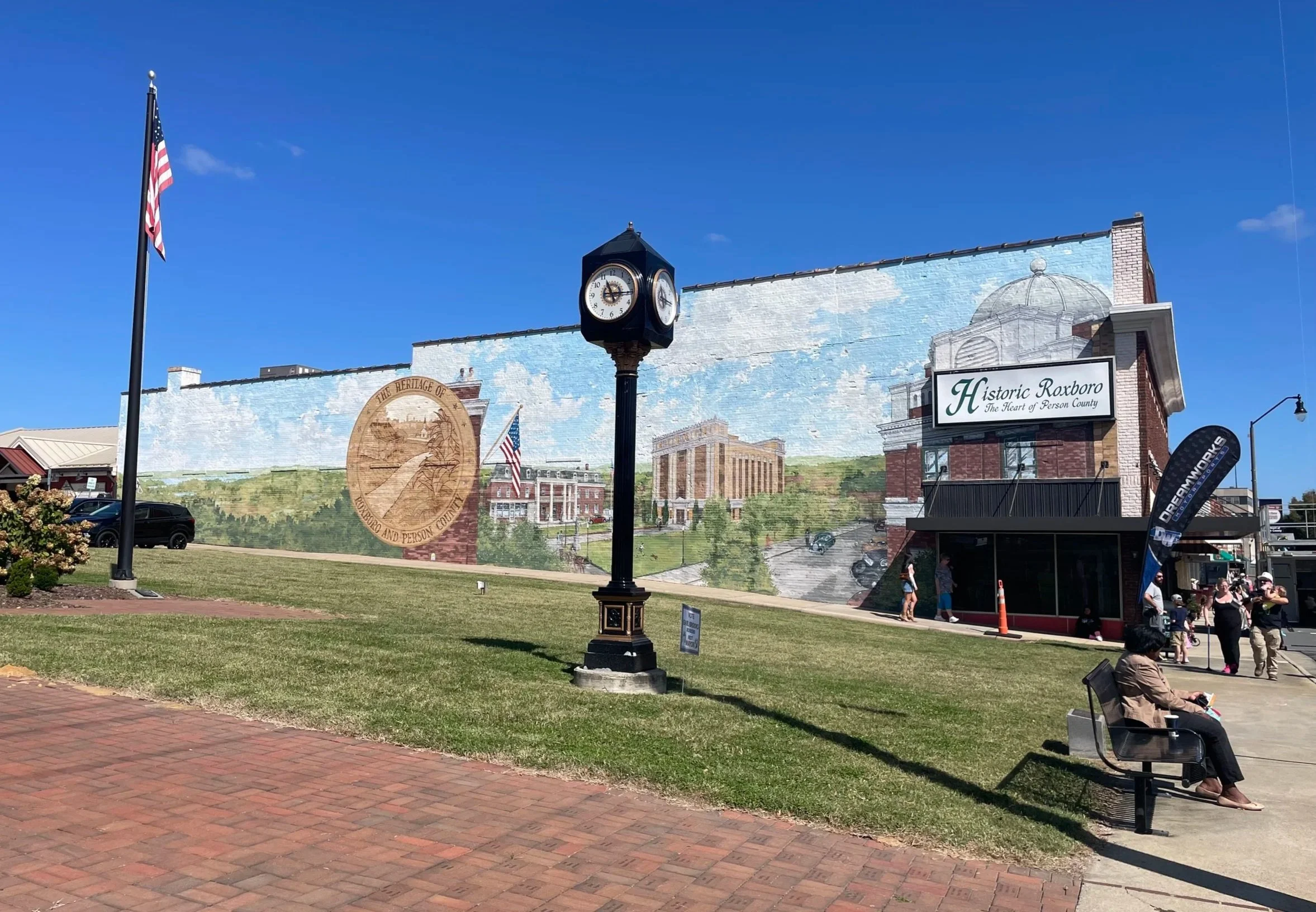As an engagement journalist with a background in environmental science and disinformation research, I’m focused on building solutions for underrepresented and underserved communities affected by the dual climate and information crises.
Do you live in Person County, NC? Click the image below or on this link to a brief community survey on the county’s recent development projects. All responses are anonymous.
Bylines and Mentions
-
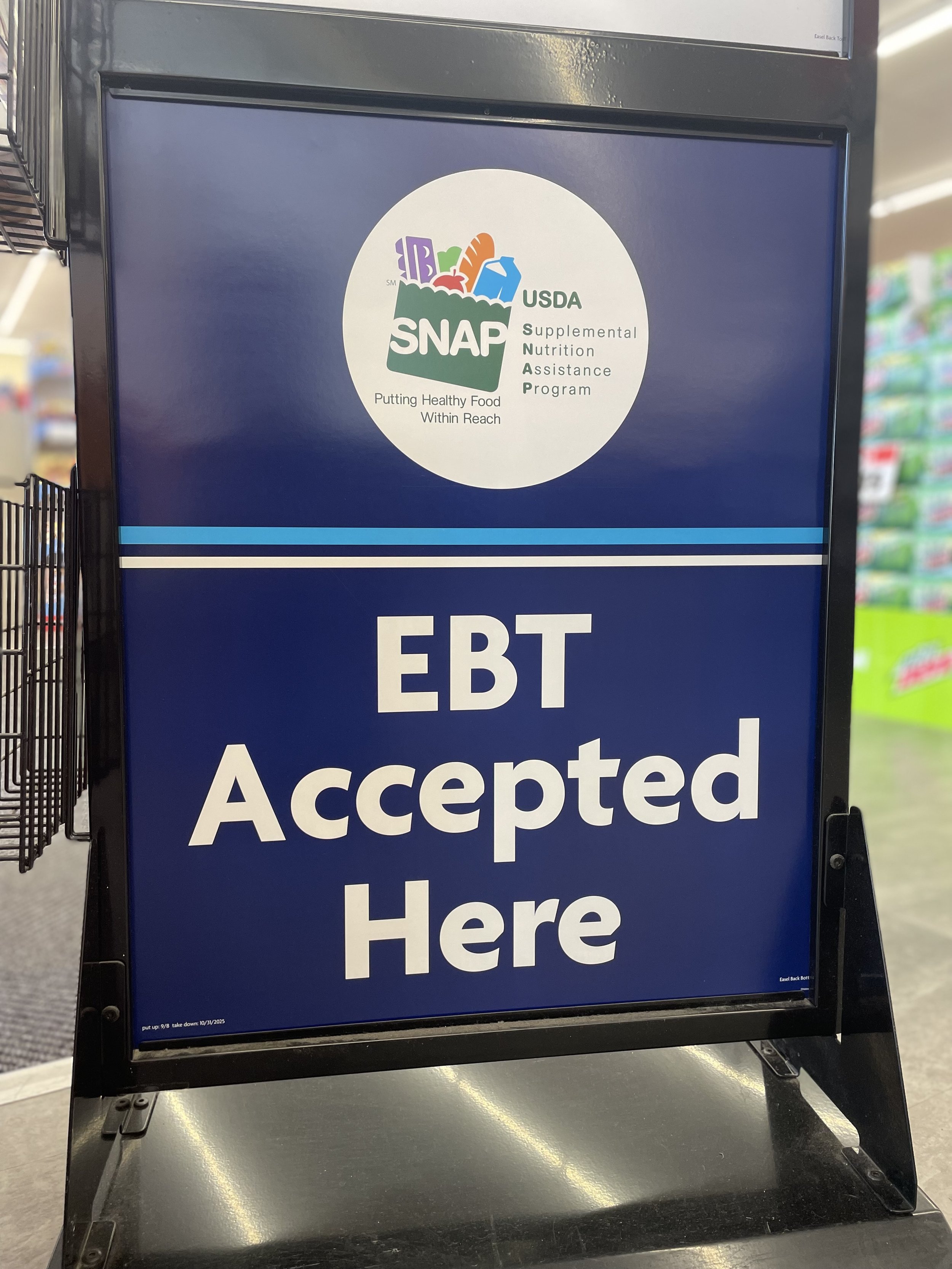
SNAP food assistance is set to end Nov 1. What does it mean for NC?
When the federal government shut down in October 2025, 1.4 million North Carolinians—including 580,000 children—lost SNAP food assistance for the first time in the program's history. This explainer covered immediate impacts, the Trump administration's refusal to use emergency funds, long-term policy changes, and resources for affected families.
-

"I Didn't Fight for This"
Steve Bowles, at 80 years old, his white hair shining boldly against the vibrant blue sky, stood at the corner of Horner Boulevard and Main Street in Sanford, one of more than 400 demonstrators at the second "No Kings" anti-Trump protest in Lee County.
"I didn't fight for this; I fought for democracy," he said. "And it looks like we're losing it.”
-
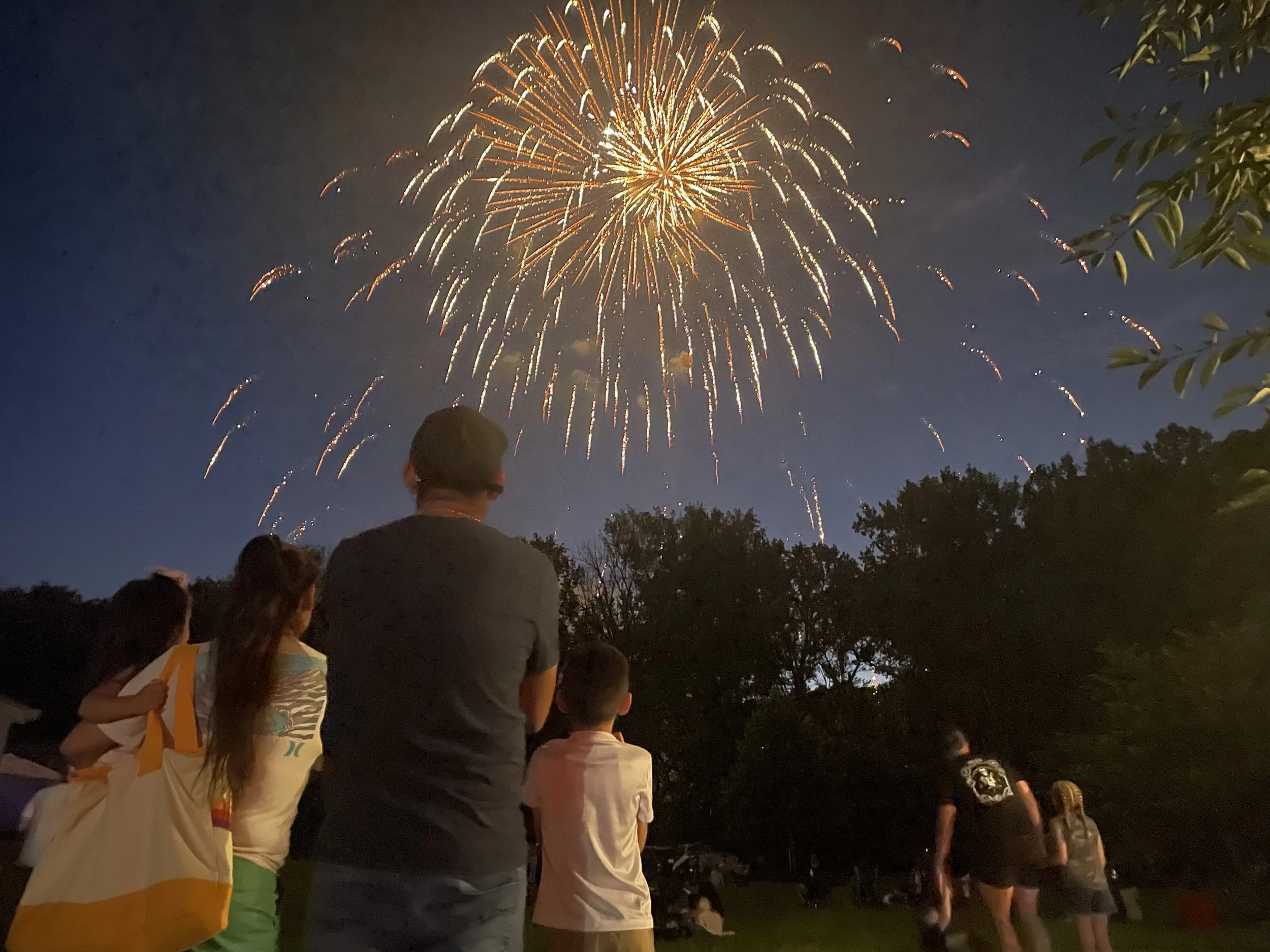
Sandhills News
Diara’s bylines with the newly launched community news outlet, the Sandhills News.
The digital newspaper publishes family-friendly content that combines grassroots citizen journalism with seasoned journalism.
-

"If not me, who?
Pittsboro and Sanford, two small North Carolina towns with shifting demographics, host protests, carrying a big message amid national unrest, violence, and divisive political tension: Kings are not welcome here.
-
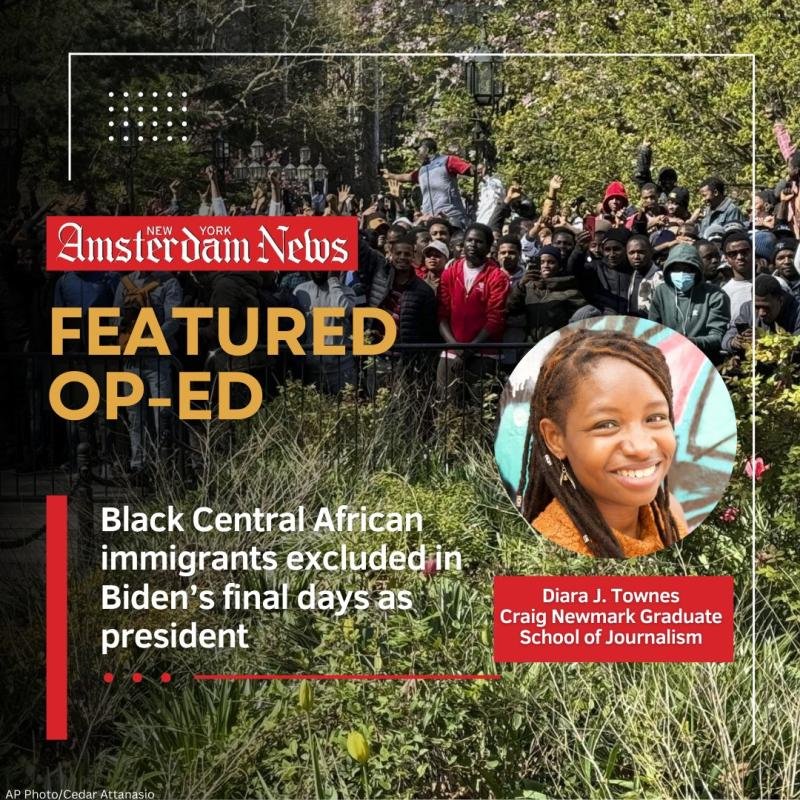
OP-ED: Black Central African immigrants excluded in Biden’s final days as president
The Department of Homeland Security announced new Temporary Protected Status (TPS) extensions for El Salvador, Sudan, Ukraine, and Venezuela. But protections for Black migrants from Central Africa were excluded. This is a glaring missed opportunity for racial justice.
-

Election Interference: How tech, race, and disinformation can influence the U.S Election
Diara shares her expertise on the intersection of race, technology, and disinformation in this article, co-written with Oxford researchers. In it, she highlights explicitly how these factors uniquely affect marginalized communities and their participation in U.S. elections.
-

Trump lies about Kamala Harris' race, bashes moderator at Black journalists convention in Chicago
Townes criticized NABJ for inviting Trump to what’s supposed to be a “safe space” for journalists, but also criticized the moderator’s performance. She said Scott’s decision to come “out the gate hot is not a way to approach this particular interviewee.
-
![Trump and ABC News' Rachel Scott engage in dialogue while sitting on a stage with the NABJ and American flag backdrop. [image via The 19th]](https://images.squarespace-cdn.com/content/v1/61d768533e85f7738e1aed16/3db5ae76-c157-4a6c-afa4-b60446abf7e0/trump-nabj.jpeg)
NABJ is politicizing its Black journalists by platforming Trump at the ‘Journalism Over Disinformation’ convention in Chicago
The NABJ faced backlash for hosting Trump at its convention and was criticized for amplifying disinformation and undermining Black journalists' credibility. Rejecting Kamala Harris's attendance sparked resignations, raising concerns about trust and journalism's integrity in addressing Black issues.
-

A New Dawn in A Quiet Place: Depicting Black Women Beyond Racist Tropes
A Quiet Place: Day One, a prequel spinoff of the thriller series, is breaking records, with Lupita Nyong’o delivering a captivating performance as the protagonist. Diara explores the online dehumanization of Black people in entertainment media, not to critique an actor’s talent but to investigate if and how this prequel navigates misogynistic stereotypes and racist tropes.
-

UNREAL: Trump backers use AI images to suggest strong Black support
Diara shared expertise for the New York Amsterdam News’ exclusive report on AI-generated images created by supporters of former President Donald Trump showing him posing with Black celebrities, historical figures, and ordinary Black people.
-

The racist disinformation flooding Haiti (and what the media can do about it)
Several racist conspiracy theories and disinformation narratives are emerging from Haiti as the country plunges deeper into a perilous humanitarian crisis. Ignited by violence between local and paramilitary gangs after years of increasing poverty, unemployment, food insecurity, and corruption of elected officials, nearly 5.5 million people are facing detrimental conditions.
-

Report: Racial Inclusion at Burning Man, Fall 2023
This project’s objective is to explore the potential application of an ethnically diverse community in a progressive environment as a framework for equitable collaboration. Its outcome addresses the challenges of racialized hierarchy and inequity in predominantly homogeneous environments that are controlled by economic levers in professional and social spaces and, more particularly, in our technology.
-

Twitter’s Culture Shocks
With Twitter's future chaotic and unknown, what will happen to the marginalized communities that found their power here? What will happen to change and culture?
-

The Fall of the House of Uber
Today, we’re looking at The Guardian’s “Uber Files” investigation and the impact of their aggressive strategy on the digital economy since their arrival on the transportation scene in 2010. As always, please scroll to the bottom for the book we’re reading and upcoming events.
-
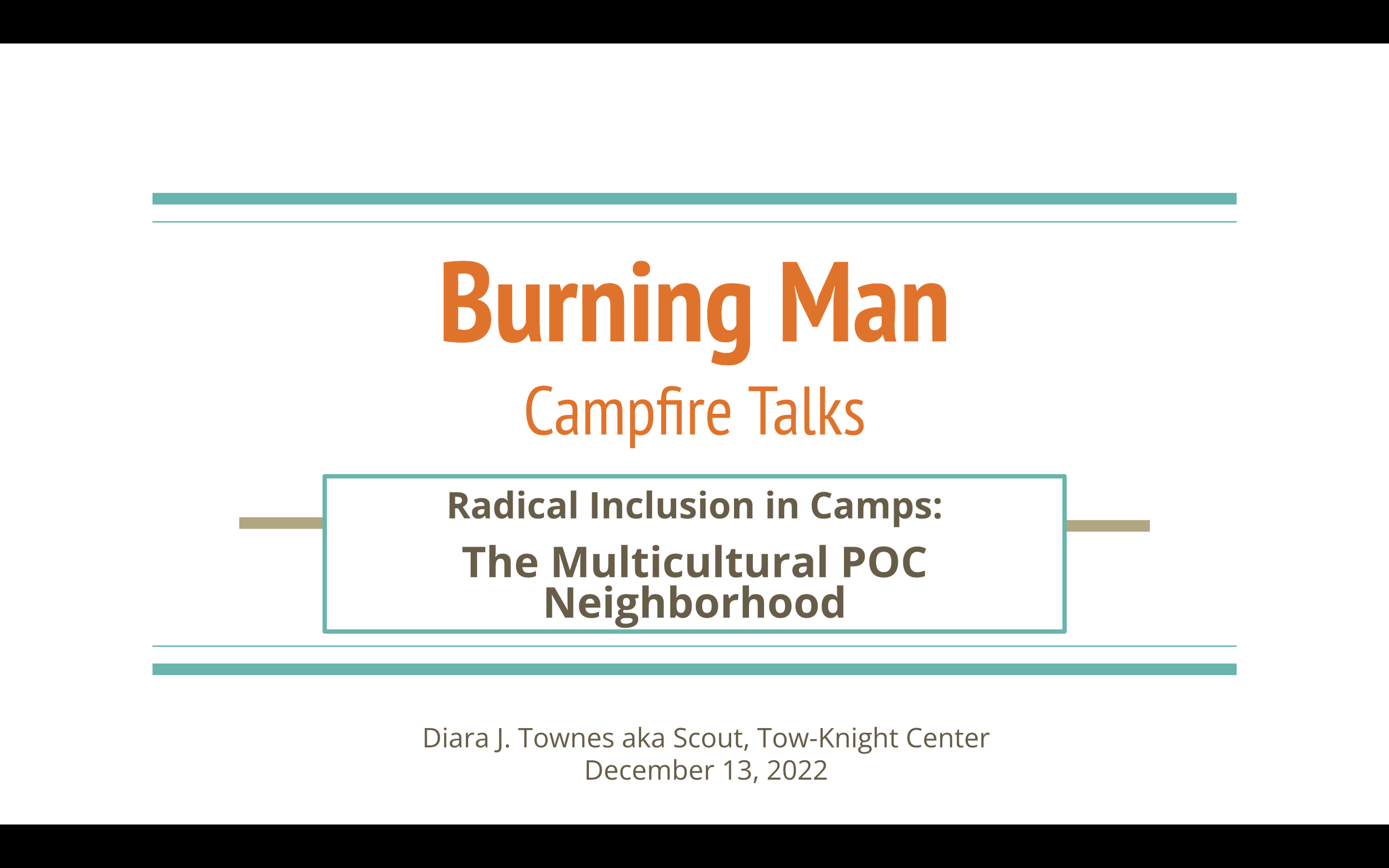
Radical Inclusion at Burning Man ~ December 2022
The magic of Burning Man doesn't just happen. It's time to learn how to expand the inclusion we love. Hear from Burners of Color and Burners with disabilities on how Black Rock City is evolving to make it more welcoming, and how you and your camp can be a part of this transformation.
-
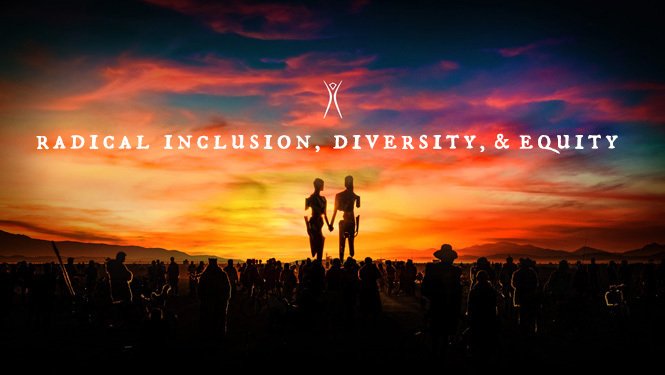
Burning Man as a Framework for Racially Inclusive Community Design
Can this desert event set a precedent for building equitable digital communities?
-
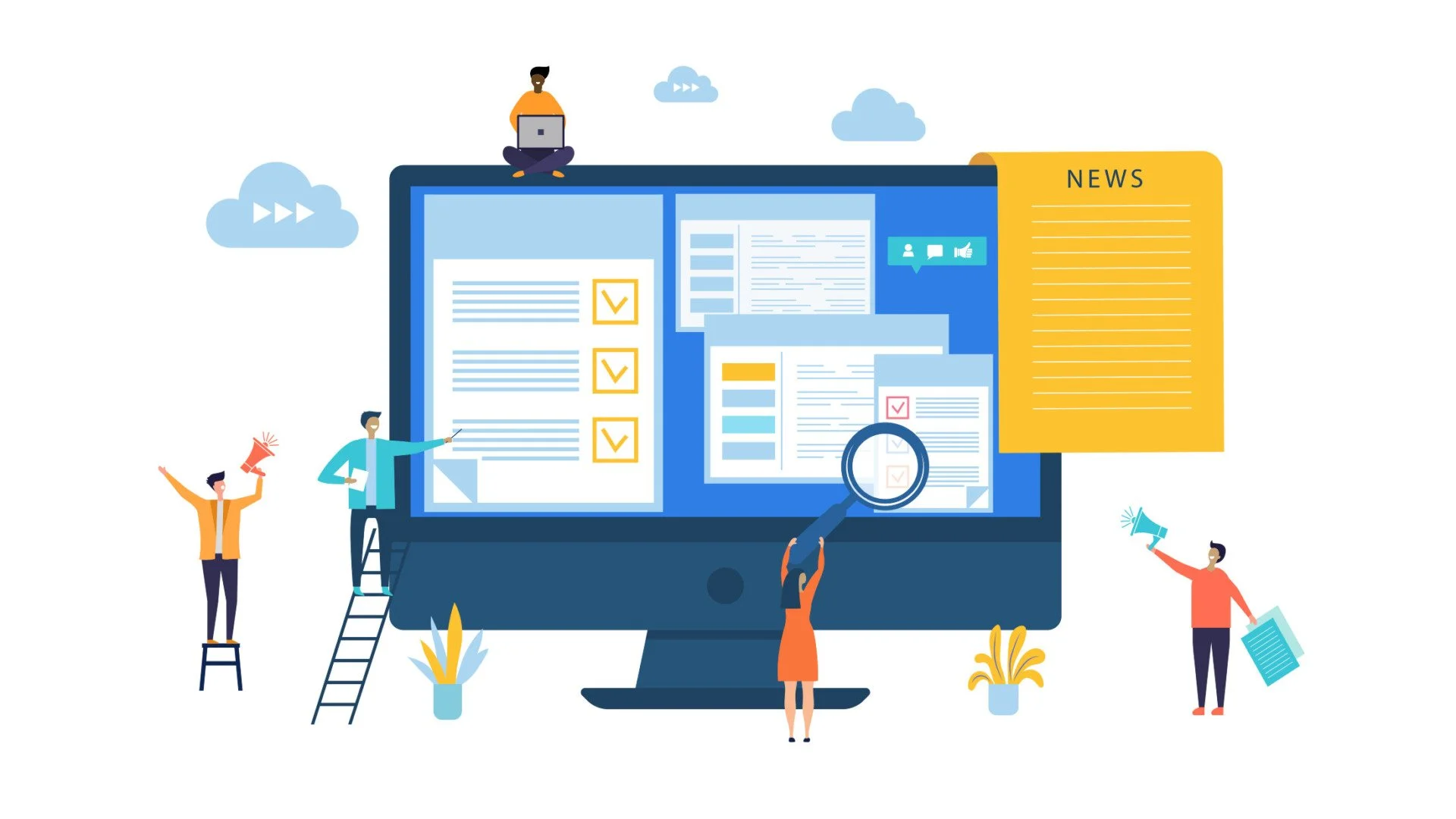
Local news is critical infrastructure. It’s time we treat it that way.
What role does journalism serve in a community? How does it interact with other municipal institutions to help deliver a vibrant, multiracial democracy?
-

A Hard Return
The U.S. has the highest incarceration rate in the world, with more than two million currently in prison. Silicon Valley and tech companies across the nation are well-positioned to lead the way toward long-lasting systemic change on a scale that can effectively address this uniquely American crisis.
-

Defining the Internet
It may seem like an easy question, but the answer will vary depending on who you ask. And The Tow-Knight Center’s new Initiative in Internet Studies is tasked with finding out.
-

Ethics of the Internet
Are there any? Should there be? And who decides?
-
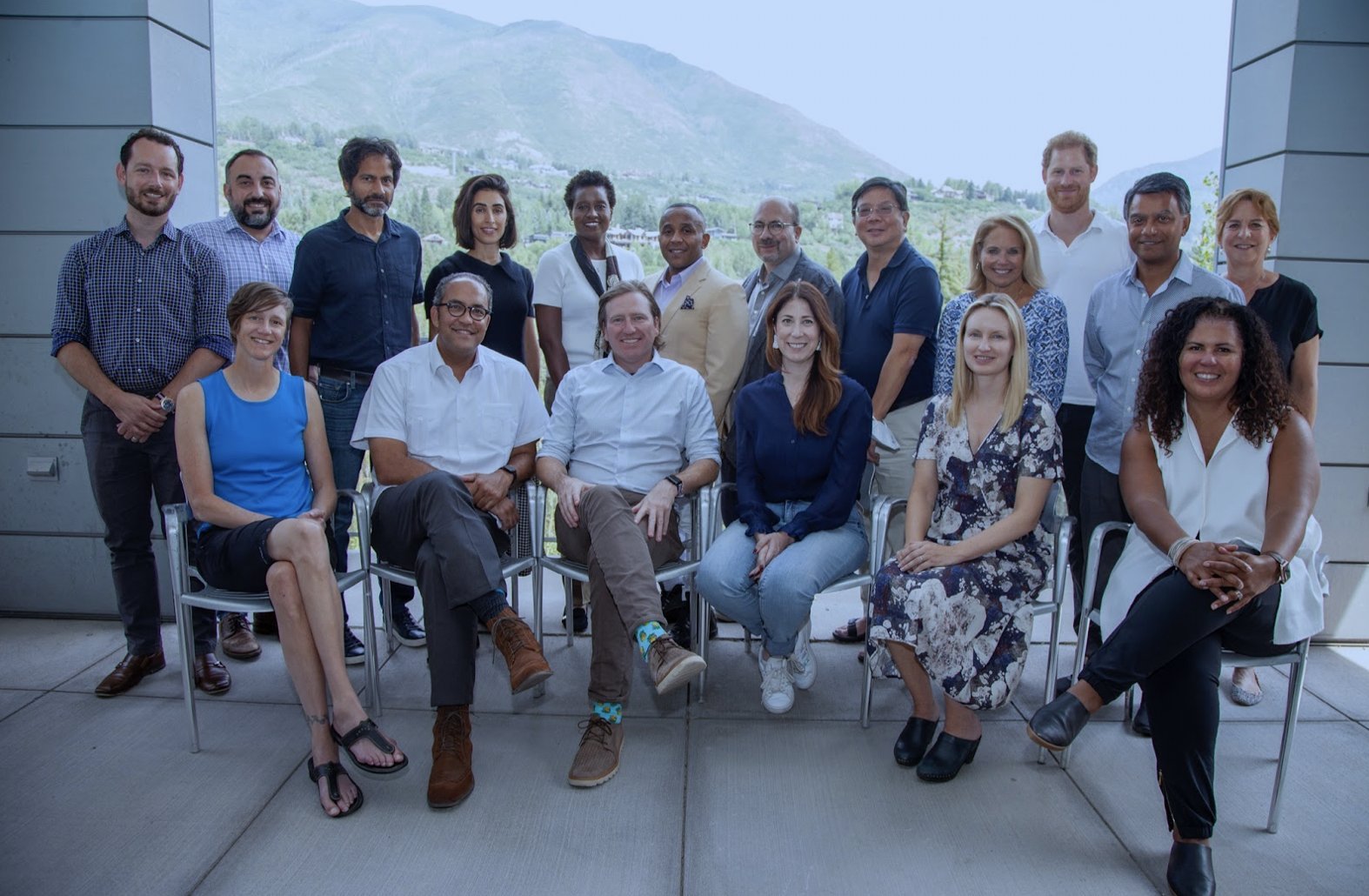
Commission on Information Disorder Final Report
The Aspen Institute’s Commission on Information Disorder, composed of a diverse group from across the political spectrum representing academia, government, philanthropy, and civil society, came together to understand and explore the multidimensional problems of information disorder.
-

Aspen Digital's Disinfo Discussions
To inform the work of the Commission on Information Disorder, Aspen Digital designed a resource for the commissioners and the broader public. It covered issues such as Section 230, coordinated campaigns, algorithmic bias, and social media.
-

'This isn't the end' | Experts warn Capitol rioters could strike again across country
The FBI is warning of planned armed protests in all 50 states leading up to Inauguration Day. Experts say right-leaning extremist groups like Proud Boys are joining.
-

“Do No Harm” — Assessing the impact of prioritizing US political disinformation over health misinformation in 2020
What changes need to happen so newsrooms, researchers, and policymakers are prepared for the health misinformation that will define 2021.
-

How we prepared future journalists for the challenges of online misinformation
The infodemic was an unprecedented challenge for newsrooms. First Draft’s US 2020 Student Network stepped up.
-

From Marine Scientist to Engagement Journalist:
My experience as a student in the Social Journalism program at the Newmark J-School.
-

When the Ocean Met the Bay: A Journalistic Innovation to Superstorm Sandy Recovery
My engagement journalism work began online with climate skeptics and offline with New York City’s environmental activist community. It concluded with a website for Hurricane Sandy-impacted residents on a Queens peninsula.
-
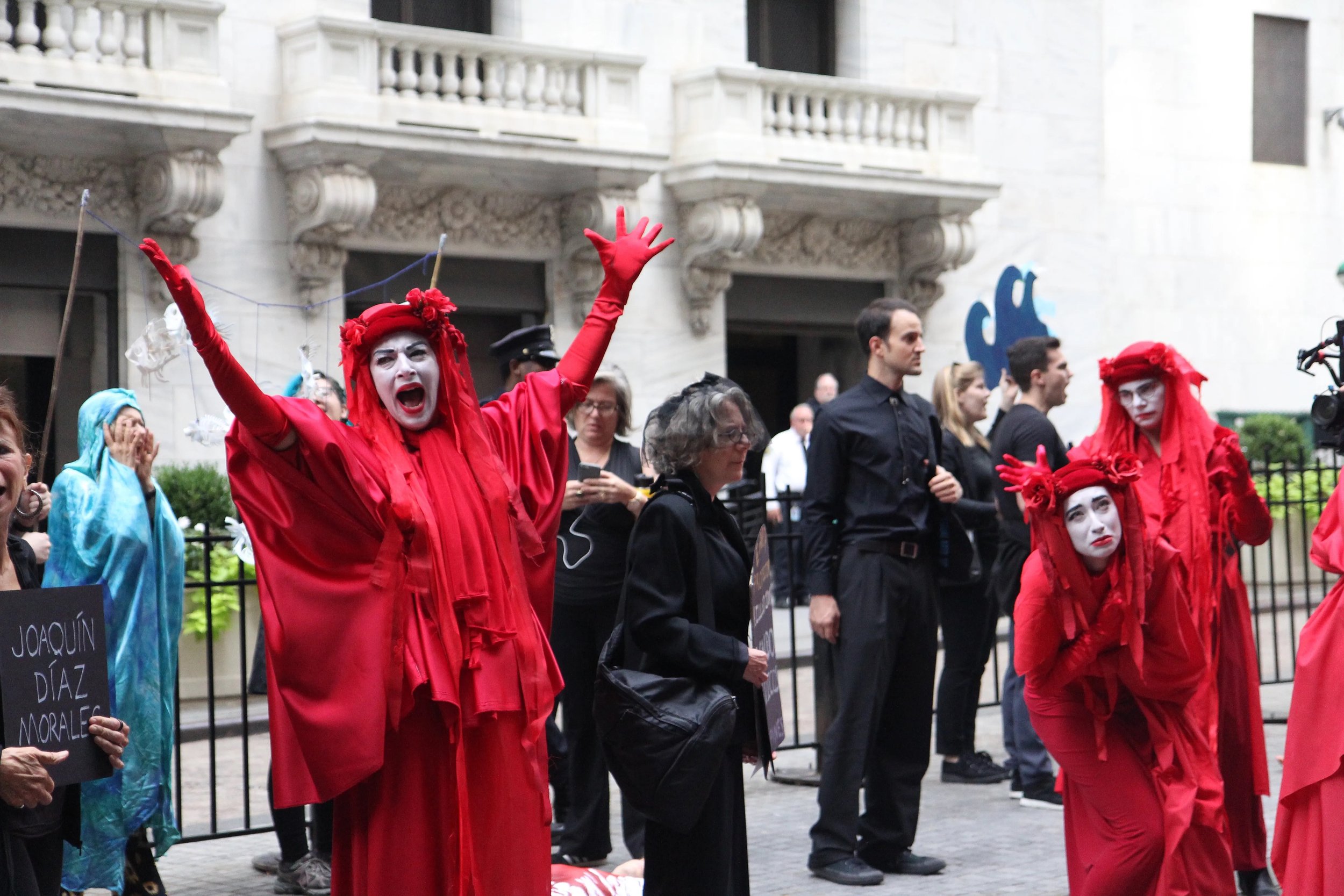
Extinction Rebellion: Locals and Tourists Respond to Climate Protests in New York City
A gallery of photos, clips, and comments from onlookers during an October 2019 dramatic funeral procession and climate protest in downtown Manhattan.
-

"The Strike is Just the Beginning"
New York City Students skip school to make a global statement on the climate crisis.
-

Pretty, Brown and Nerdy
Diara’s author page for the defunct Pretty, Brown and Nerdy pop/nerd culture blog.
